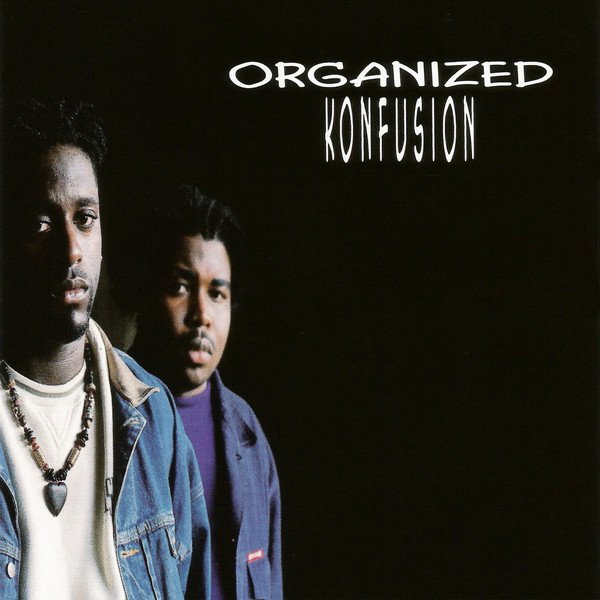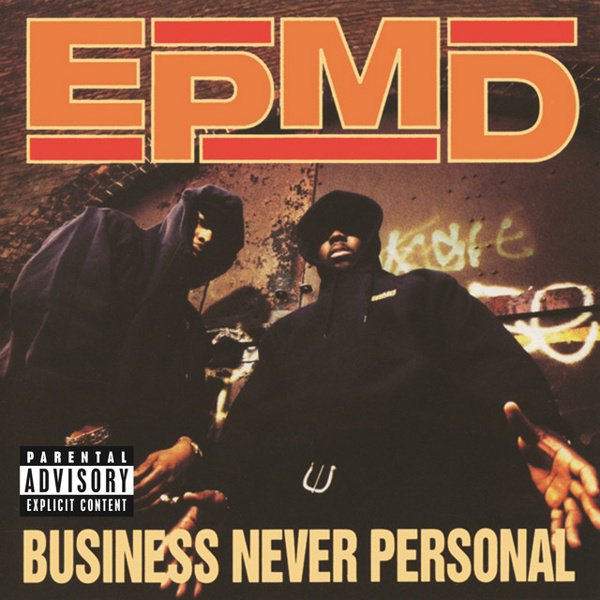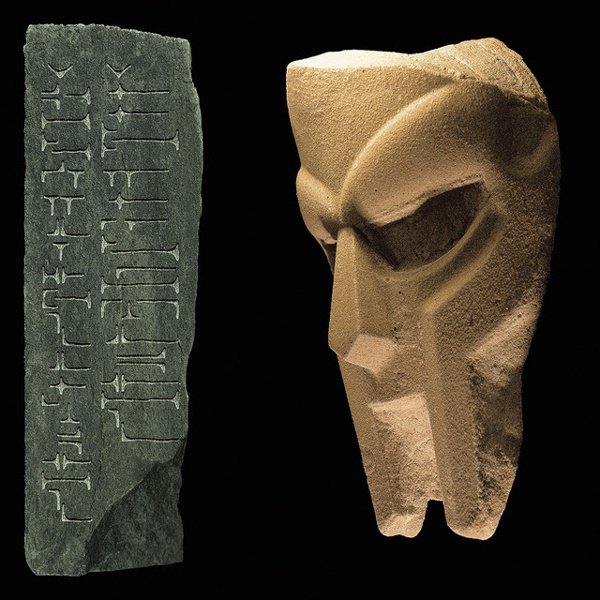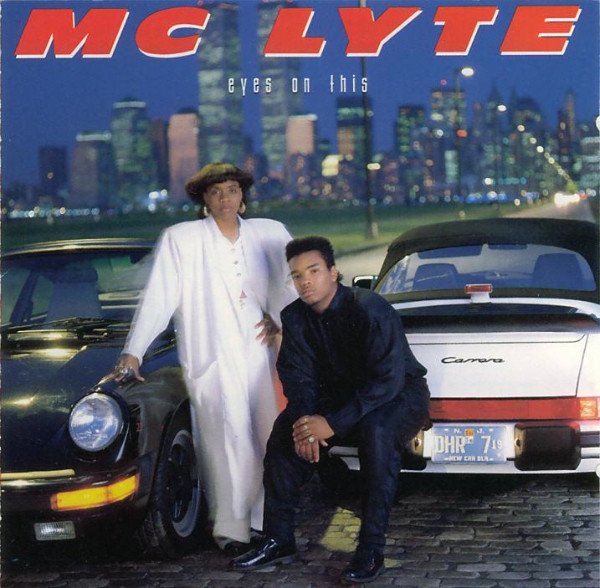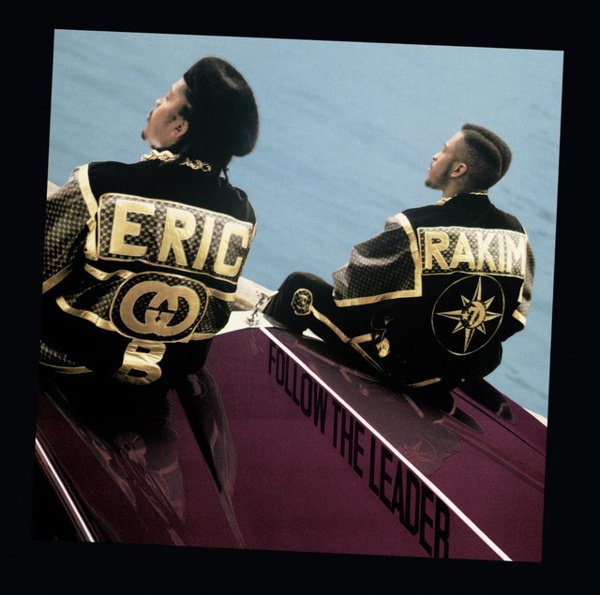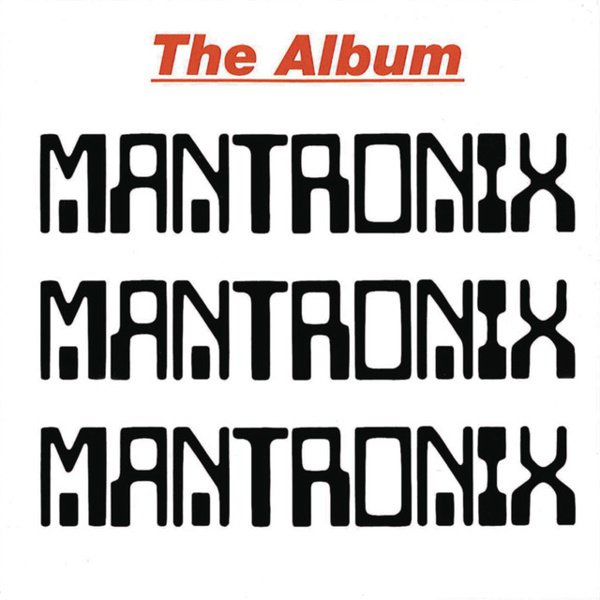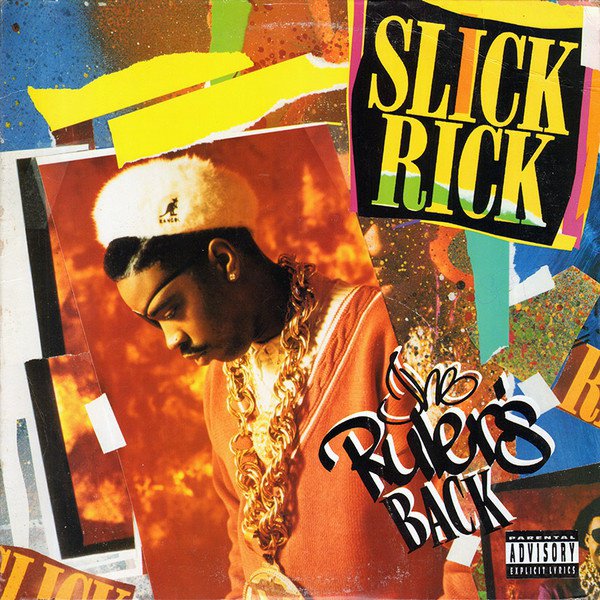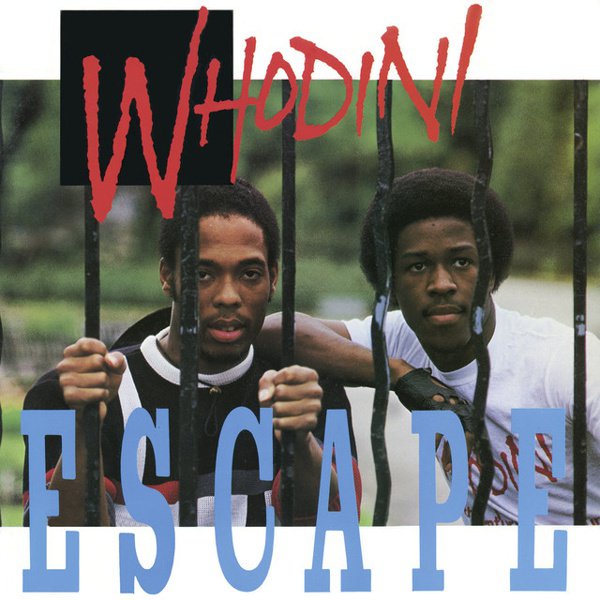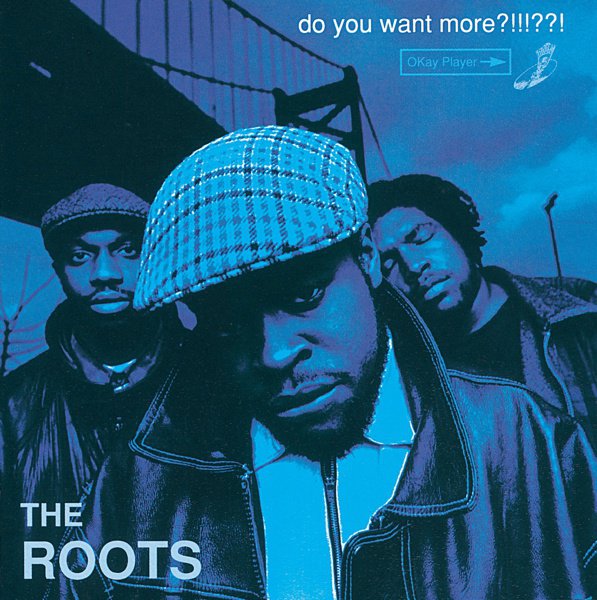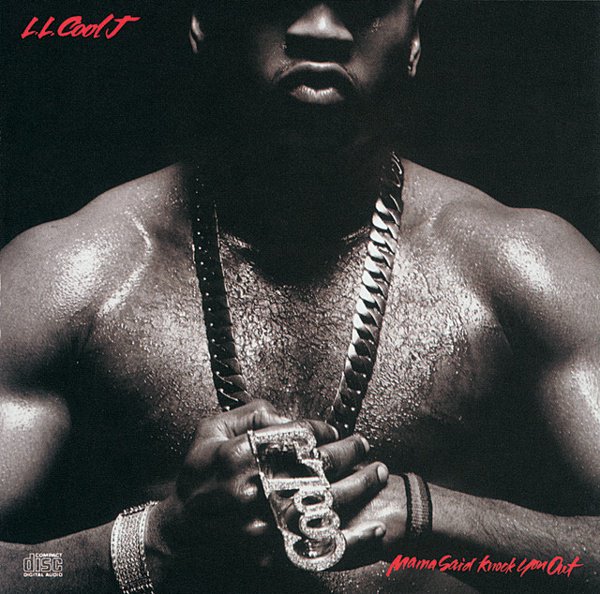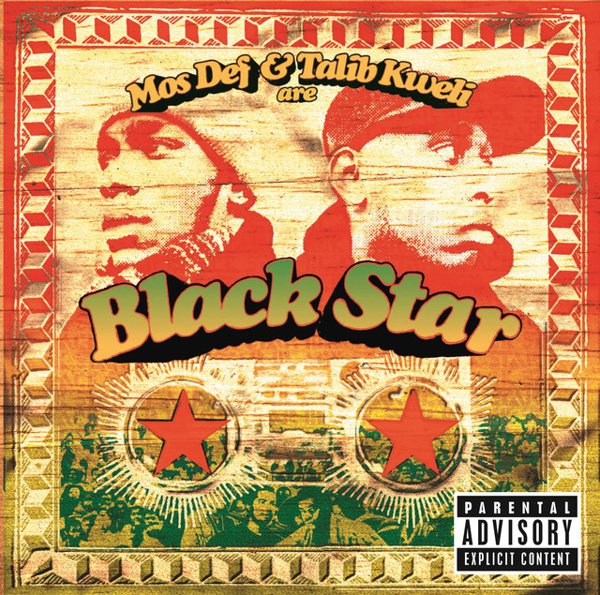Organized Konfusion
Prince Po and Pharoah Monch only released three albums as Organized Konfusion, and most people who’ve spent a lot of time with all of them rank 1994’s Stress: The Extinction Agenda as the runaway favorite. But that album’s fearless, almost confrontationally abstract barrage of ideas means it’s worthwhile going back to their debut to hear the sparks that set it all aflame — and get in tune with some of the youthful frivolity they’d later leave behind. So if Stress was their blueprint for underground hyperlyrical complexity, this was their Native Tongues-esque prototype, putting upbeat, playful vibes up front while letting the intricacy work its way into the deep-focus background instead of the immediate foreground. Those bright moments shine in ways that make this debut feel even more remarkable than it did on release: the dizzying jumble of ladies-man boasts and left-field punchlines in “Fudge Pudge,” the way they trust first-time listeners to grasp their intricate balance of dozens-playing comedy and intricate perceptiveness on “Audience Pleasers” and “Organized Konfusion,” the way “Walk Into the Sun” uses its glimmering Steely Dan/EWF euphoria to tease at the margins of existential, isolated frustration en route to a vivid self-discovery in everyday social pleasure. So the depth was always there — and sometimes, in the maternal-nostalgic diptych of the original and remix versions of “Who Stole My Last Piece of Chicken,” with an intensely personal yet relatable pathos to go with it. But don’t say they didn’t warn you: between “Roosevelt Franklin” (the other great circa-’91 NYC philosophical-head Sesame Street deconstruction, up there with all the Bert cameos on KMD’s Mr. Hood), “The Rough Side of Town” (their first lyrical confrontation with street crime, and already incisive in the way they depict its tragedy), and the free-flowing linguistic contortions of “Releasing Hypnotical Gases” and “Prisoners of War,” they put together more than enough material to anticipate the expansion of their underground-defining sound that would still sound a decade ahead of the curve even after those ten years had already elapsed.

